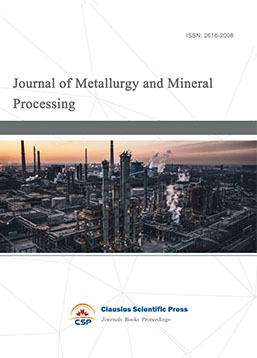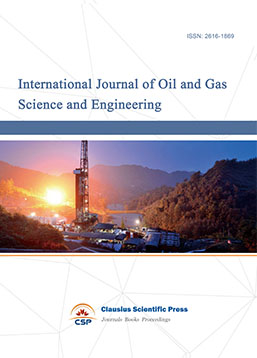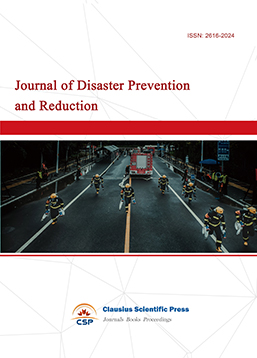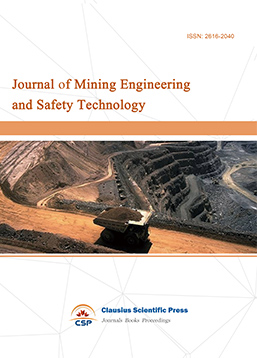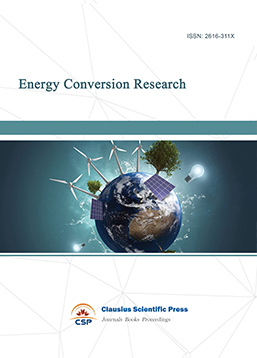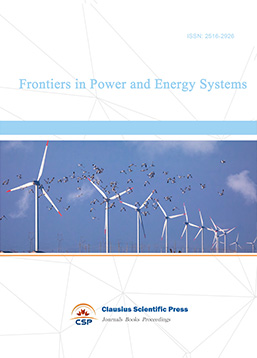A review of applications of deep learning in power systems
DOI: 10.23977/ssge.2022.040102 | Downloads: 59 | Views: 3693
Author(s)
Peiye Li 1
Affiliation(s)
1 School of Electrical and Electronic Engineering, North China Electric Power University, Baoding, Hebei, 071000, China
Corresponding Author
Peiye LiABSTRACT
Deep learning is a major branch of machine learning. Combining its powerful data processing capabilities with power systems is an important path to promote the intelligence of power systems. This paper first introduces the application characteristics and scope of application of deep learning, and then introduces the technical characteristics of power systems such as massive data, interconnectivity, and efficient intelligence. The application status of deep learning and power system integration in various aspects such as power system and equipment fault diagnosis, power load and new energy power prediction, and power system operation control is reviewed. On this basis, the challenges and key technologies of the operation of the new power system are discussed, and the application of the deep learning model in the power system is prospected.
KEYWORDS
Power system, deep learning, fault diagnosis, power prediction, operation regulationCITE THIS PAPER
Peiye Li, A review of applications of deep learning in power systems. Smart Systems and Green Energy (2022) Vol. 4: 7-10. DOI: http://dx.doi.org/10.23977/ssge.2022.040102.
REFERENCES
[1] Zhou Niancheng, Liao Jianquan, Wang Qianggang, Li Chunyan, Li Jian. Analysis and prospect of application of deep learning in smart grid [J]. Automation of Electric Power Systems, 2019, 43(04): 180-191.
[2] Yang Yanli, Li Chenxia. Quantitative analysis of the generalization ability of deep feedforward neural networks[J]. Journal of Intelligent & Fuzzy Systems, 2021, 40(3):
[3] Sangram Keshari Swain, Srinivas Prasad, M. Vamsi Krishna. Unsupervised Feature Learning on Big Data Based on Deep Learning with Weighted Softmax Regression [J]. International Journal of Innovative Technology and Exploring Engineering (IJITEE), 2019, 8 (5):
[4] Li Peng, Xi Wei, Cai Tiantian, Yu Hao, Li Peng, Wang Chengshan. Concept, Architecture and Key Technologies of Digital Grid [J/OL]. Chinese Journal of Electrical Engineering: 1-17 [2022-01-18]. DOI: 10.13334/j.0258-8013.pcsee.212086.
[5] Xiao Shijie. Considerations on Building China's Smart Grid Technology [J]. Automation of Electric Power Systems, 2009, 33(09): 1-4.
[6] Mei Qin, Wang Yisheng, Wang Ting, Tong Xing. Power System Clock Synchronization Method Based on Service Interoperability[J]. Journal of Physics: Conference Series, 2021, 1744(4):
[7] Wei Dong, Gong Qingwu, Lai Wenqing, Wang Bo, Liu Dong, Qiao Hui, Lin Gang.Research on Fault Judgment and Fault Phase Selection in Transmission Line Areas Based on Convolutional Neural Networks [J]. Chinese Journal of Electrical Engineering, 2016, 36(S1): 21 -28. DOI: 10.13334/j.0258-8013.pcsee.161291.
[8] Hu Ran. Research on power prediction method of new energy power station based on deep learning [D]. North China Electric Power University (Beijing), 2019. DOI: 10.27140/d.cnki.ghbbu.2019.000263.
[9] Liu Wei, Zhang Dongxia, Wang Xinying, Hou Jinxiu, Liu Liping. Research on emergency control strategy of power grid based on deep reinforcement learning [J]. Chinese Journal of Electrical Engineering, 2018, 38(01): 109-119+347. DOI: 10.13334/ j.0258-8013.pcsee.171747.
| Downloads: | 1333 |
|---|---|
| Visits: | 86875 |
Sponsors, Associates, and Links

 Download as PDF
Download as PDF